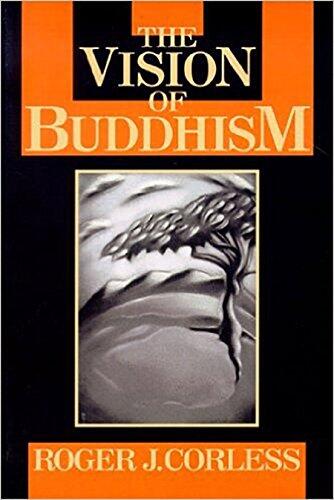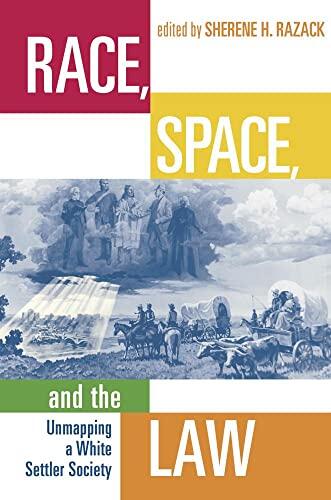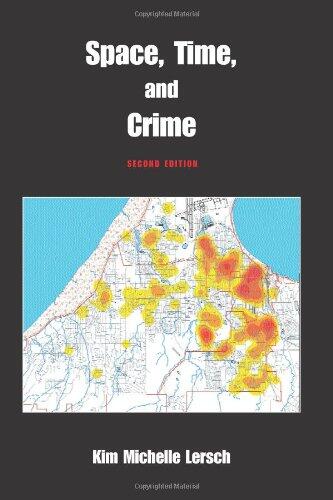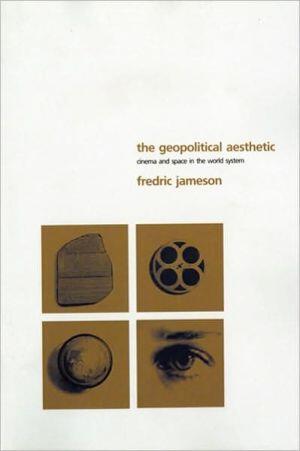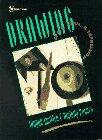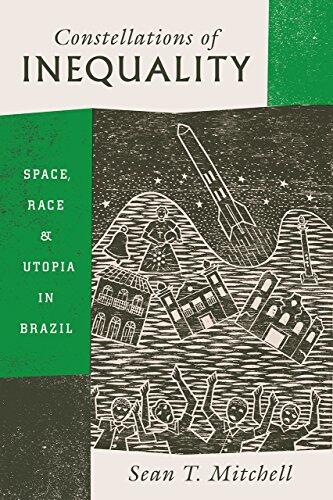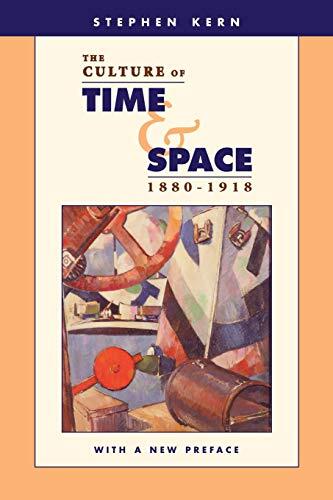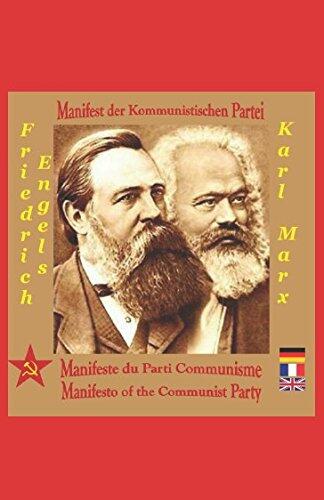
Manifeste du Parti Communisme / Manifesto of the Communist Party / Manifest der Kommunistischen Partei: Trilingue : Français - Anglais - Allemand
还没有评分
Action & Adventure
History
Philosophy
格式
平装书
页数
247
语言
英语
已发布
Mar 16, 2018
出版商
Independently published
ISBN-10
1980551456
ISBN-13
9781980551454
描述
This pivotal work serves as a powerful declaration of the principles of communism and a fervent critique of the socio-economic conditions of the 19th century. Authored by Karl Marx and Friedrich Engels, it presents a compelling argument for the working class to rise against their oppressors, emphasizing the historical struggle between the bourgeoisie and the proletariat. Its passionate prose captures the urgency of the moment, inviting readers to consider the impact of capitalism on society.
The manifesto delves into the evolution of class struggles, laying bare the harsh realities faced by the laboring masses. Through its dynamic exploration of class power dynamics, it elucidates the rampant exploitation inherent in capitalist systems. Marx and Engels advocate for collective ownership and the abolishment of private property, envisioning a society where individuals are liberated from economic bondage.
Across three languages—French, English, and German—the text not only reaches a diverse audience but also enriches the dialogue surrounding its themes. Its historical significance persists, as the manifesto continues to inspire political movements and conversations about equality and justice.
An enduring piece of political literature, the manifesto offers not just a critique of its time, but a framework for envisioning a different kind of future. Its call to action resonates as a challenge to the status quo, urging people to unite and combat the forces that perpetuate inequality and suffering.
The manifesto delves into the evolution of class struggles, laying bare the harsh realities faced by the laboring masses. Through its dynamic exploration of class power dynamics, it elucidates the rampant exploitation inherent in capitalist systems. Marx and Engels advocate for collective ownership and the abolishment of private property, envisioning a society where individuals are liberated from economic bondage.
Across three languages—French, English, and German—the text not only reaches a diverse audience but also enriches the dialogue surrounding its themes. Its historical significance persists, as the manifesto continues to inspire political movements and conversations about equality and justice.
An enduring piece of political literature, the manifesto offers not just a critique of its time, but a framework for envisioning a different kind of future. Its call to action resonates as a challenge to the status quo, urging people to unite and combat the forces that perpetuate inequality and suffering.


